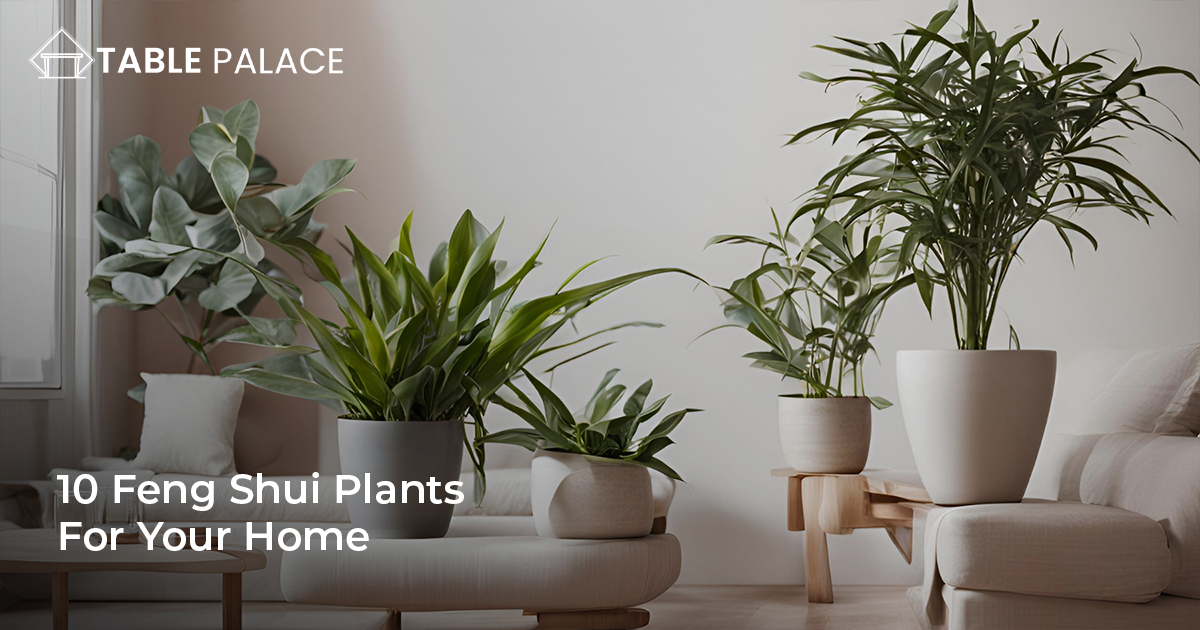In addition to enhancing the visual appeal of a space, plants bring the vitality of nature into your home or office. According to feng shui principles, houseplants can also contribute to nurturing your personal energy. However, when selecting plants to promote positive feng shui energy, it’s essential to adhere to specific guidelines.
Plants and Feng Shui
Incorporating living houseplants into your decor strengthens the energy of the wood element in feng shui. The wood element symbolizes growth, vitality, and action, fostering qualities of compassion, kindness, and flexibility. Additionally, the color green, prevalent in many plants, is linked to rejuvenation.
There isn’t a strict categorization of “good” or “bad” feng shui plants, as feng shui emphasizes the interconnectedness of dualities. However, certain plants are commonly recommended for enhancing positive energy, while others may present challenges in this regard.
Plants and the Bagua
Using plants for feng shui purposes can be as simple as placing them in specific bagua areas. The bagua serves as a feng shui energy map, with each area corresponding to different aspects of your life.
Here’s a brief overview of the nine bagua areas and how houseplants can enhance the energy in each space:
- Family (Zhen): Plants in this area promote growth and support in family life, aiding in overcoming stagnation.
- Wealth (Xun): Adding a plant here can foster abundance and attract prosperity.
- Health (Tai Qi): A plant in the center of your home promotes overall wellbeing and restoration.
- Helpful People (Qian): Plants in this area activate energies to attract support when needed.
- Children (Dui): Plants encourage growth for offspring or projects and aid in completion.
- Knowledge (Gen): Houseplants here support self-knowledge and personal growth.
- Fame and Reputation (Li): Plants can enhance visibility and recognition in the world.
- Career (Kan): Adding plants here encourages growth and wisdom in your profession.
- Partnership (Kun): Plants cultivate kindness and flexibility in relationships when placed in this area.
Challenging Feng Shui Plants
In feng shui, the concept of sha qi, or sharp energy, refers to attacking energy directed at your body, often emanating from sharp objects. This energy can deplete your personal energy, so it’s advisable to avoid plants with pointy or spiky features, such as cacti, to promote positive feng shui energy.
Additionally, a dying or neglected plant can foster draining energy in your space. Therefore, it’s essential to ensure you have the right environment and time to care for plants before bringing them into your space. Promptly remove any browning portions of a plant to maintain its vitality.
Using artificial plants to enhance feng shui energy can be challenging. To reap any benefits, opt for high-quality fake plants that closely resemble real ones. They should be so realistic that you need to touch them to confirm their artificial nature.
The Best Feng Shui Plants
Overall, most plants contribute positively to feng shui energy when properly cared for. Plants with soft, rounded leaves are particularly beneficial as they promote a gentle, nurturing energy.
Here are some of the top plants to consider incorporating into your home for feng shui purposes.
Jade
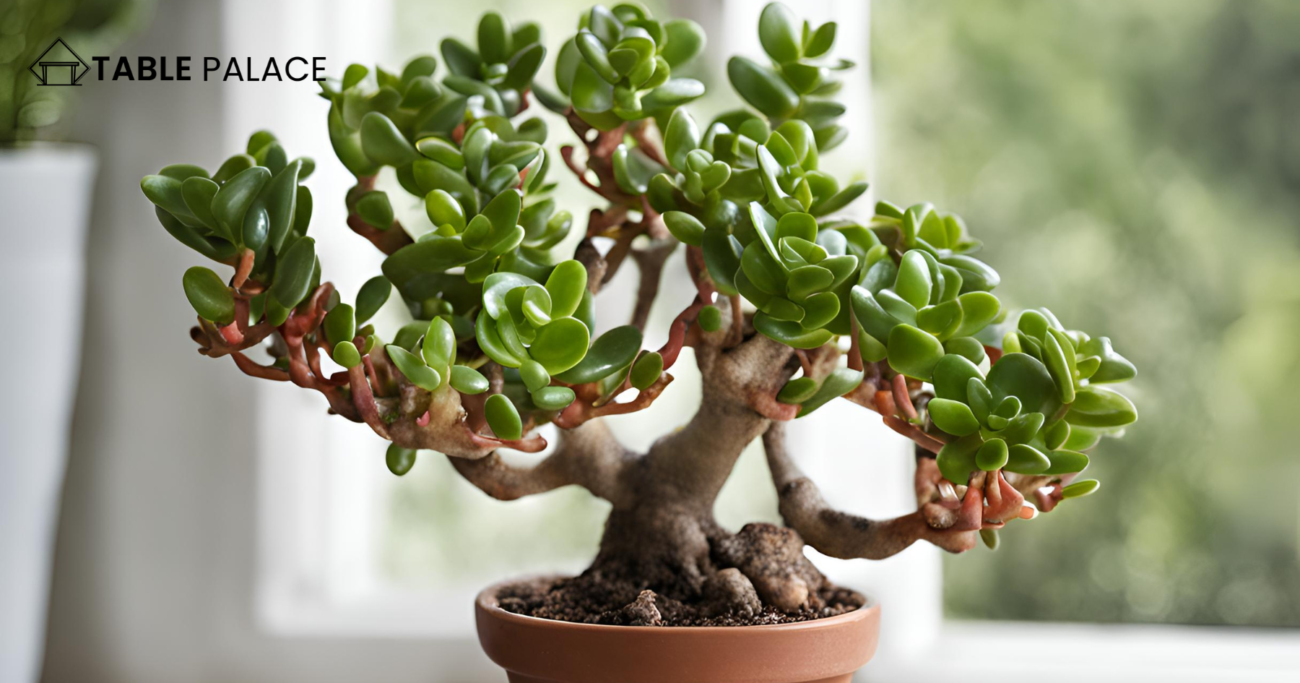
Also known as the money plant, the jade succulent (Crassula spp.) is characterized by its numerous rounded leaves. This feature gives the plant a soft and lush appearance, contributing to the serene and calm energy associated with jade.
- Soil: Well-drained, neutral, acidic
- Light: Full sun
- Water: Keep soil moist but not soggy during the growing season
- Mature Size: Up to 5 feet tall
Snake Plant
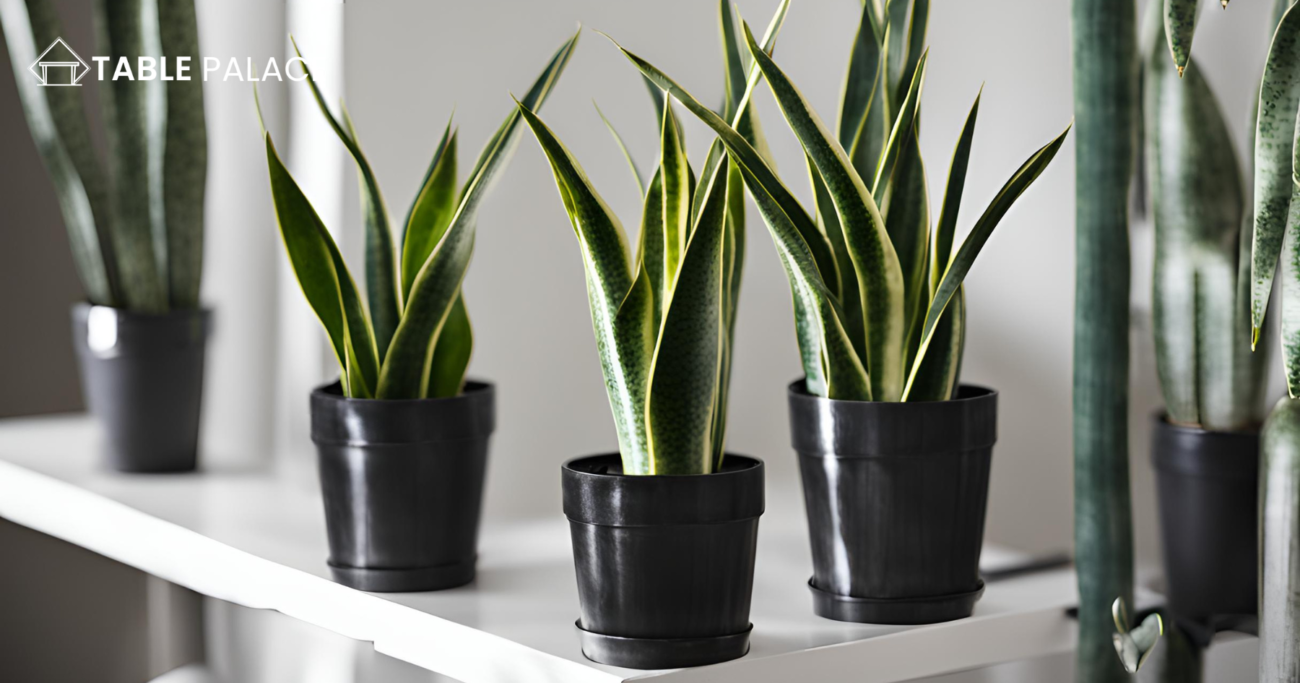
The snake plant (Nephrolepis exaltata) is a great plant for beginners. Although it might appear sharp, it also has a quality of protective energy. There are many types of snake plants within the Dracaena genus, ranging from ones with tall and narrow leaves to some with short and wide leaves.
- Soil: Sandy, well-drained, slightly acidic to slightly alkaline
- Light: Bright, indirect light to low light
- Water: Water when soil feels completely dry
- Mature Size: Up 3 feet tall
Golden Pothos
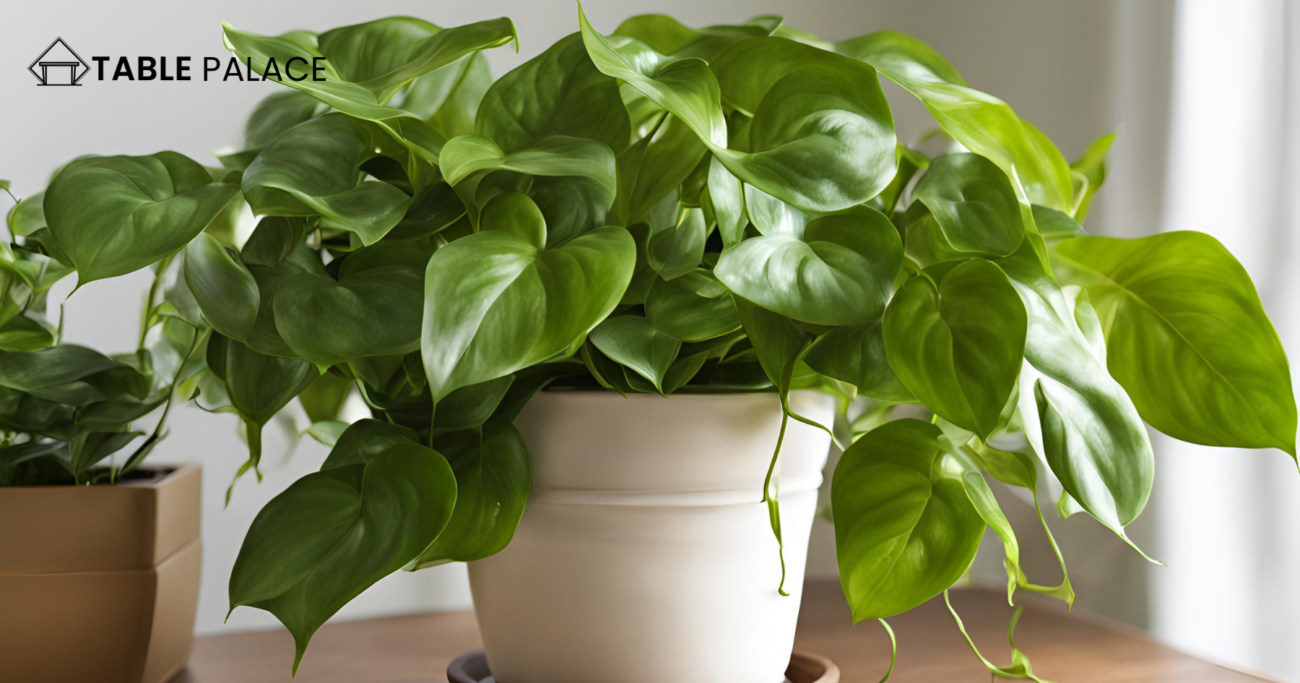
The golden pothos (Epipremnum aureum) is a low-maintenance plant that’s both easy to care for and enjoyable to propagate. It produces lush, trailing vines adorned with heart-shaped leaves. Believed to attract positive energy and financial prosperity, it’s a popular choice for many.
- Soil: Moist but well-drained, neutral to slightly acidic
- Light: Thrives in most light conditions
- Water: Water when the top 2 inches of soil are dry
- Mature Size: Vines can grow up to 10 feet long
Money Tree
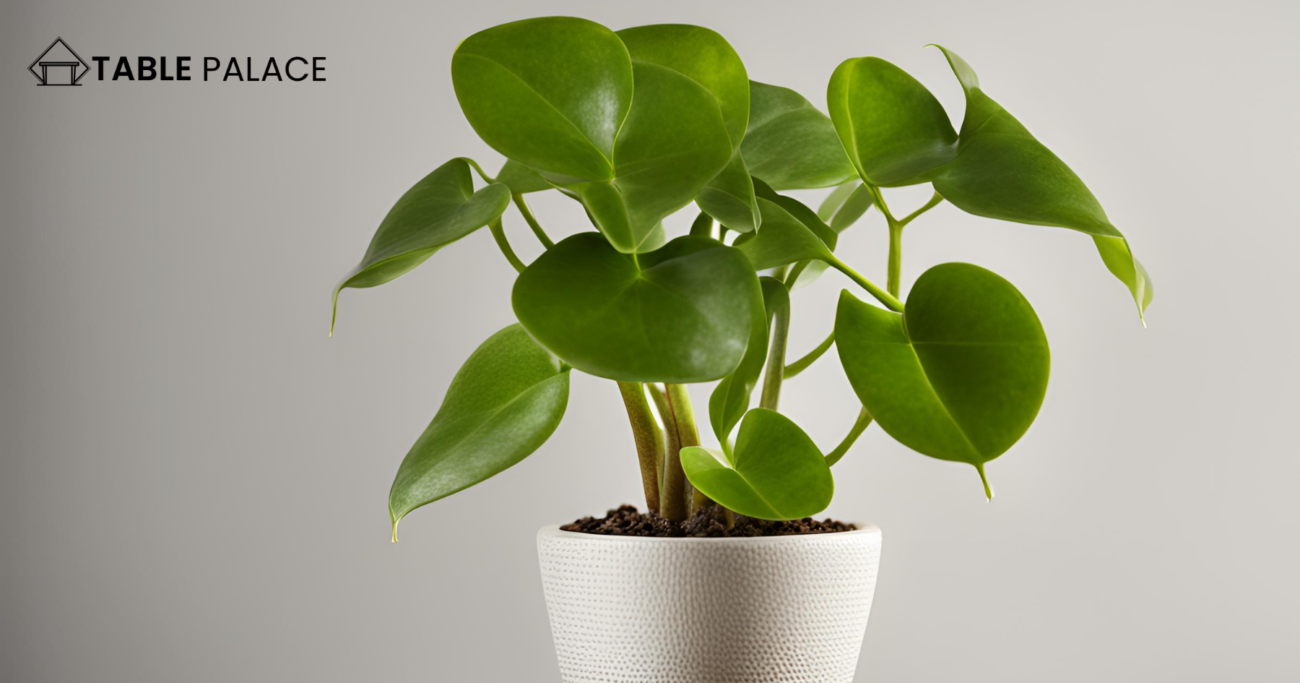
Money trees (Pachira aquatica) are thought to attract good fortune and wealth. Their beautifully braided trunks also make them an appealing focal point. Although they grow slowly, they are relatively simple to maintain.
- Soil: Moist but well-drained, acidic to neutral
- Light: Prefers bright, indirect light but can tolerate shade
- Water: Water when the top 2 inches of soil are dry
- Mature Size: Up to 8 feet tall
Areca Palm
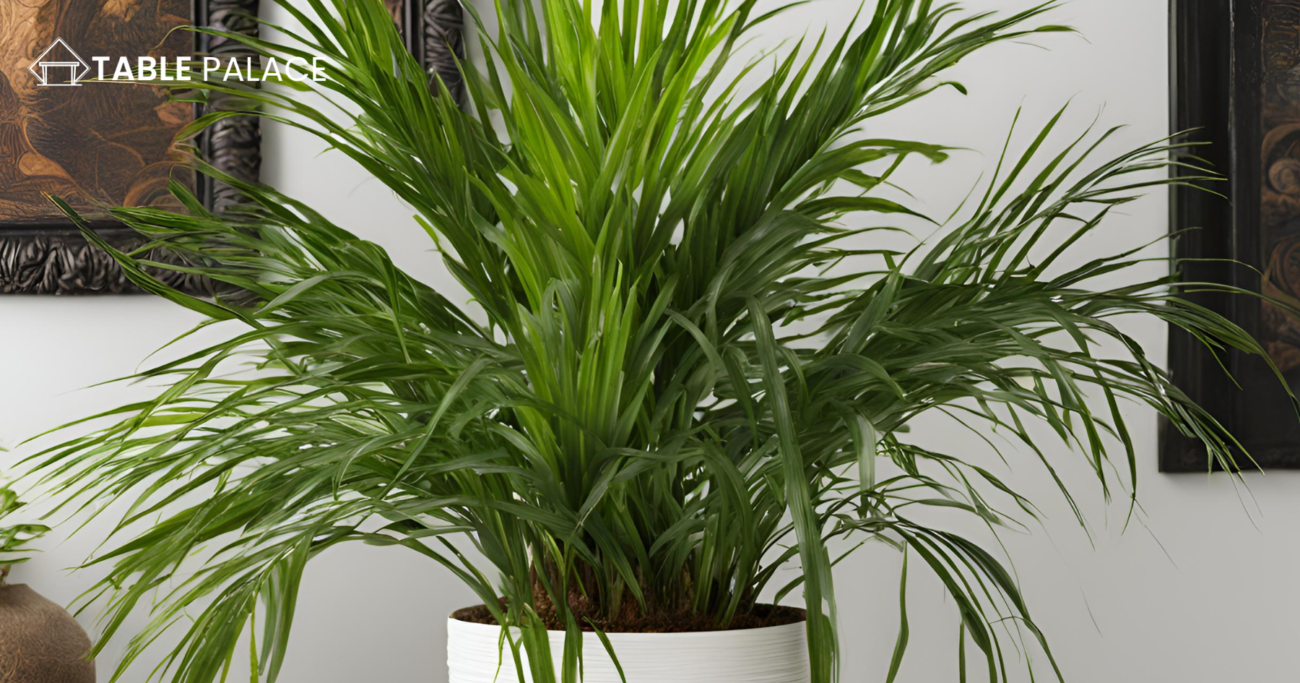
The areca palm (Dypsis lutescens) is known for its large size and attractive fan-like leaves. It thrives in bright, indirect light and is believed to help ward off negative energy while inviting positivity into your home.
- Soil: Moist but well-drained, acidic to neutral
- Light: Full to partial sun
- Water: Water when the soil dries out
- Mature Size: Up to 7 feet tall
Boston Fern
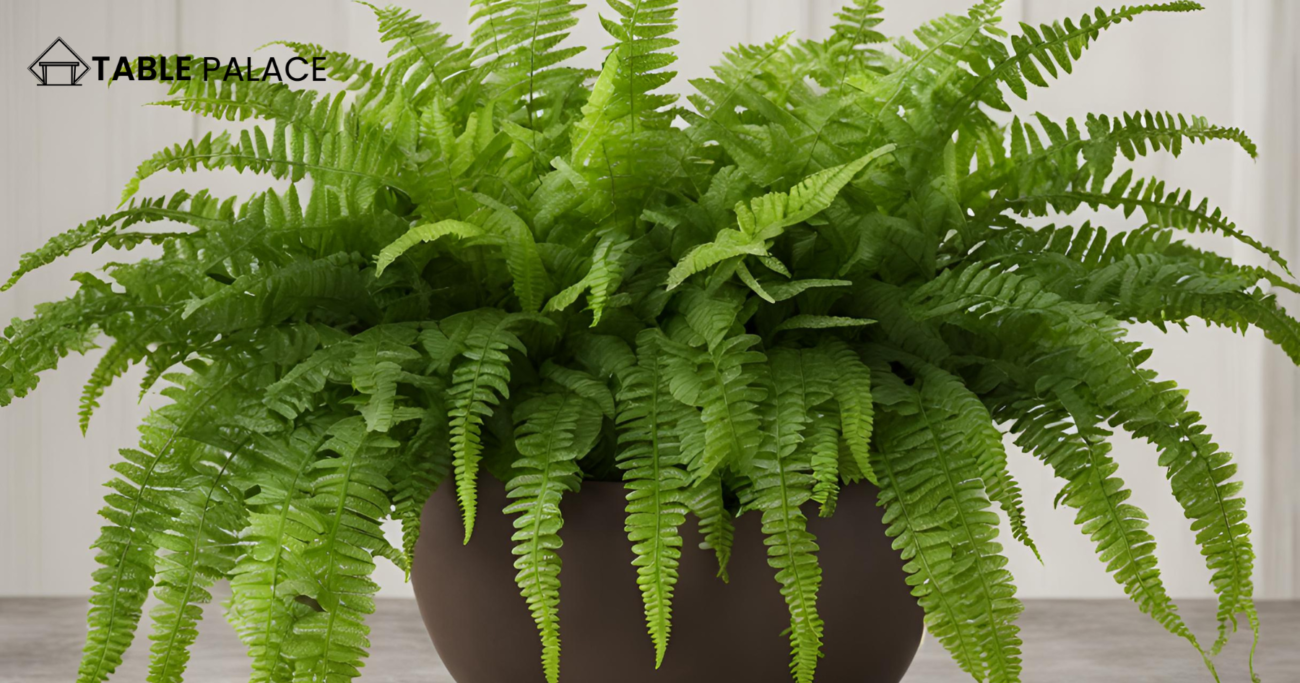
Boston ferns (Nephrolepis exaltata) are low-maintenance indoor plants, requiring adequate light for optimal growth. Their compact size makes them ideal for small spaces and hanging displays, while also contributing to positive energy and harmony within your home.
- Soil: Moist, well-drained, acidic
- Light: Partial shade to bright, indirect light
- Water: Keep soil moist and water when the top inch of soil is dry
- Mature Size: Up to 3 feet tall
Lucky Bamboo
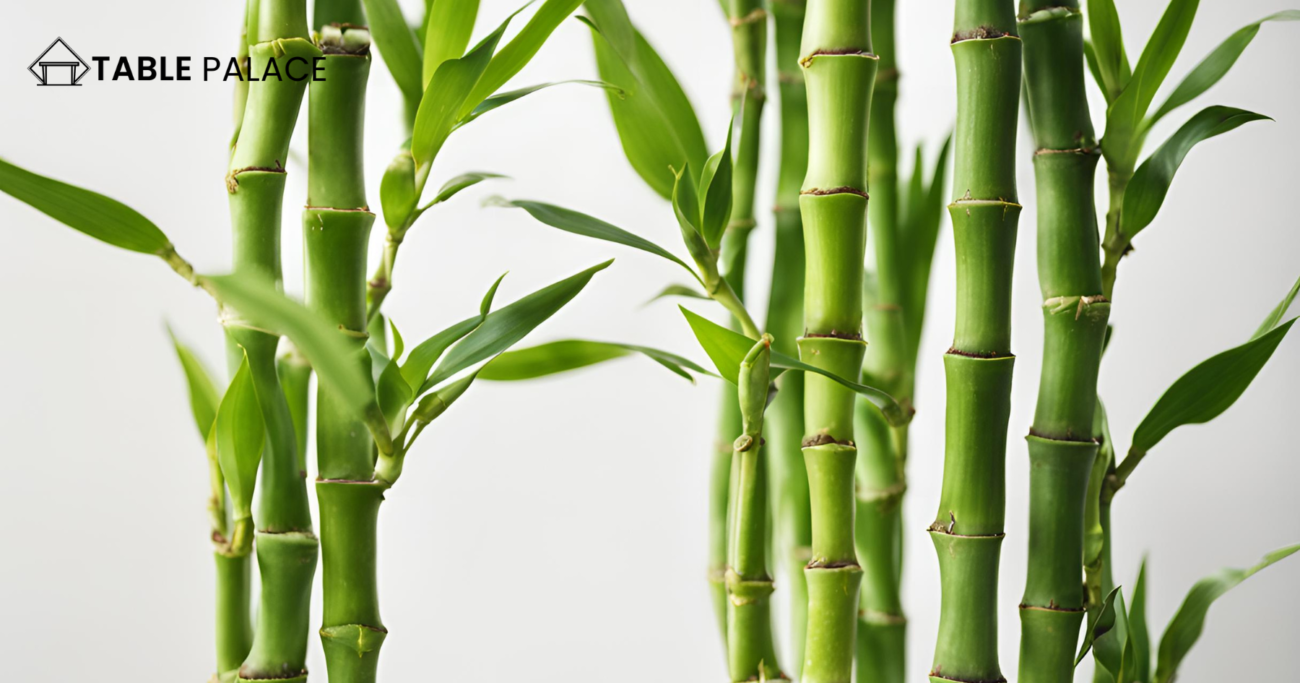
Bamboo (Dracaena sanderiana) symbolizes growth and adaptability, often used in feng shui practices where the number of stalks holds symbolic meaning. For example, two stalks are believed to enhance areas of love, while three stalks promote happiness.
- Soil: Water or moist but well-drained soil, acidic
- Light: Moderate light
- Water: If grown in water, change it frequently to maintain cleanliness. If grown in soil, keep the soil moist but not waterlogged.
- Mature Size: Up to 5 feet tall
Anthurium Clarinervium
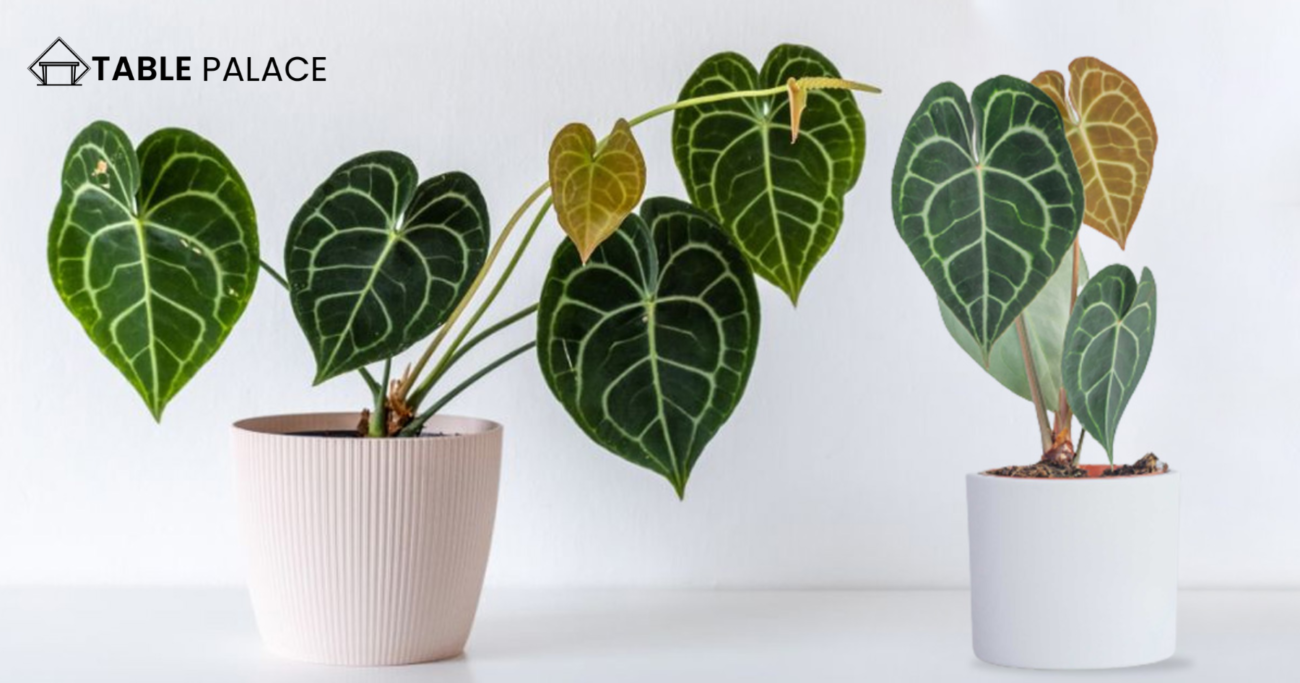
The Anthurium clarinervium, with its large, velvety, heart-shaped leaves, is a popular choice for feng shui practices, believed to attract love into a space. It’s recommended to place it on a shelf with sharp corners to provide a balancing energy.
- Soil: Loose, airy, well-draining, neutral to acidic
- Light: Bright, indirect light
- Water: Water thoroughly when the top 2 inches of soil are dry, ensuring complete drainage
- Mature Size: Leaves can grow up to 6 inches wide
Bird of Paradise
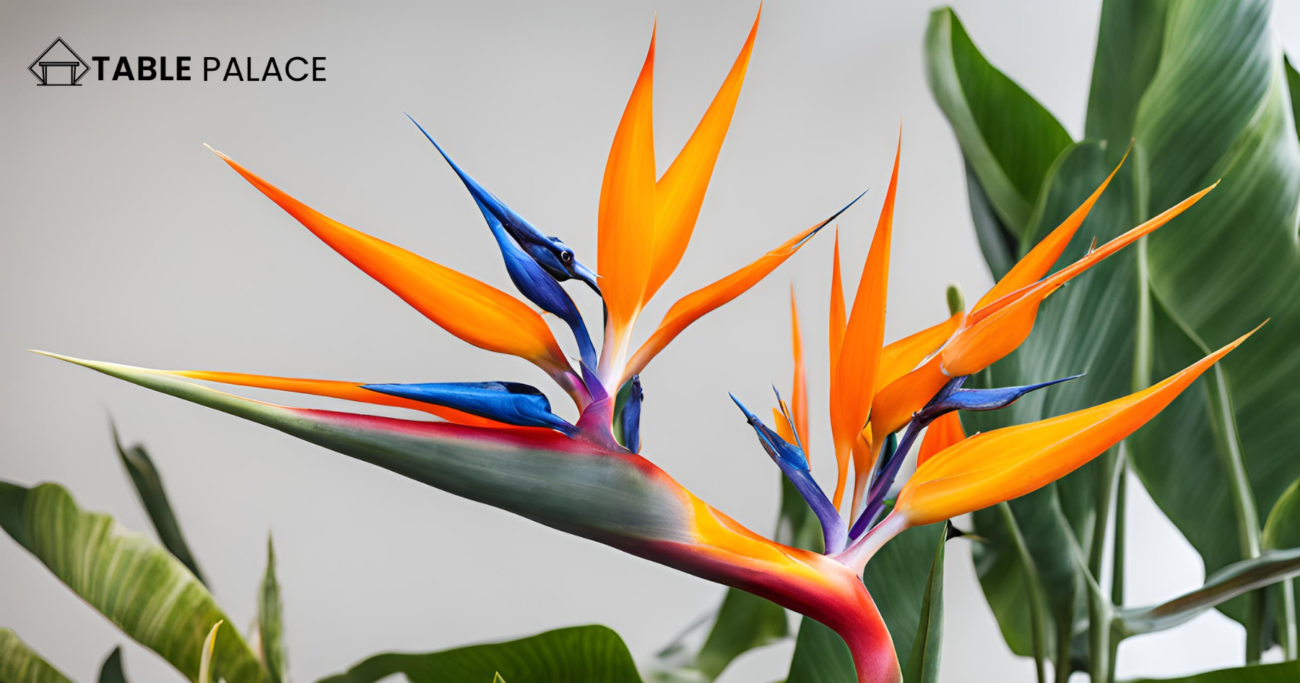
The bird of paradise (Strelitzia nicolai) is a favored feng shui plant, cherished for its lush leaves which symbolize passion and creativity. Its elegant blooms further enhance the room’s aesthetics. Position this tall plant in a corner near a bright window for optimal growth.
- Soil: Loamy, slightly acidic
- Light: Flourishes in bright, indirect light
- Water: Maintain soil moisture and water when the top 2 inches of soil are dry
- Mature Size: Up to 6 feet tall and 4 feet wide
Peace Lily
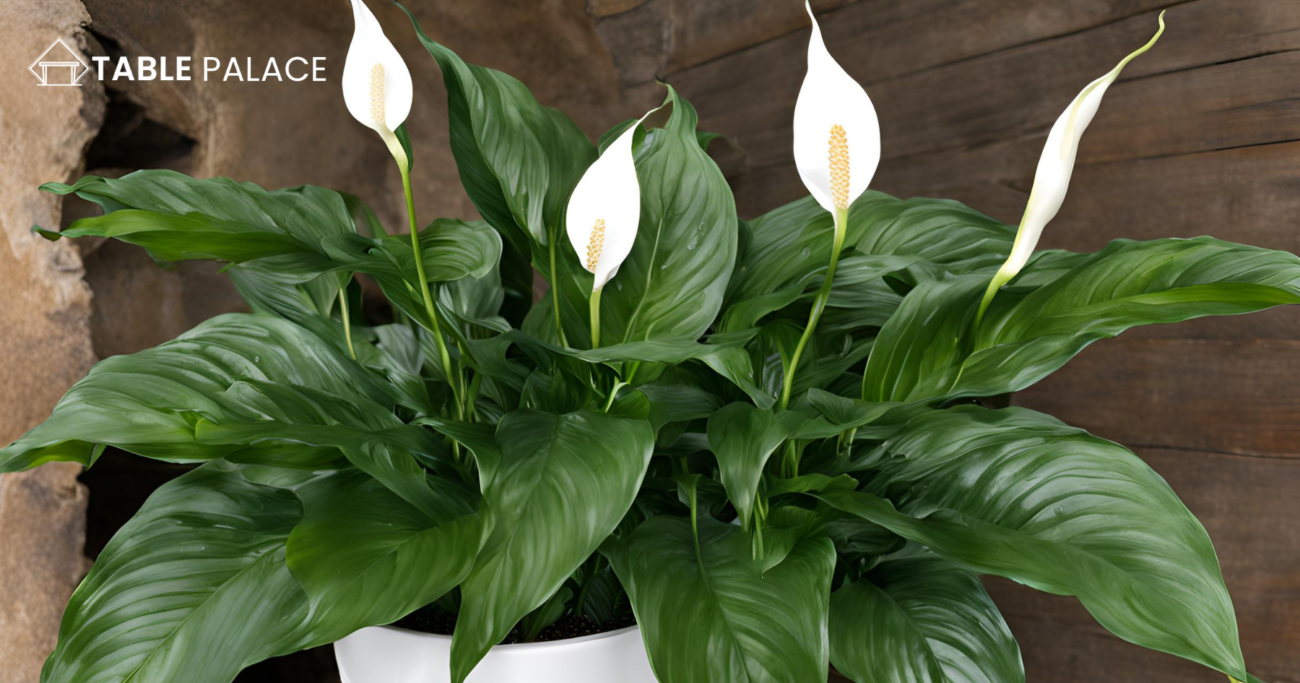
The peace lily (Spathiphyllum wallisii) is highly favored, known for its stunning white flowers that bloom when cared for attentively. These flowers are believed to bring good luck, while the plant’s dark green leaves are thought to attract wealth. Watch out for droopy leaves, indicating the plant needs watering.
- Soil: Moist but well-drained, acidic
- Light: Thrives in various light conditions, but typically flowers in brighter spots
- Water: Water when the top inch of soil is dry
- Mature Size: Up to 4 feet tall and wide

